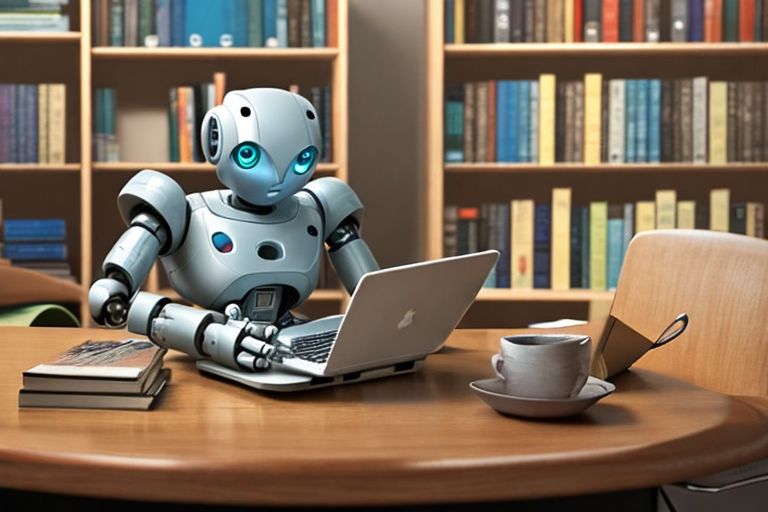Section 1: Introduction to AI and Its Current Applications
Artificial Intelligence, popularly known as AI, is the simulation of human intelligence processes by machines, especially computer systems. It involves creating algorithms and programs that can perform tasks that usually require human intelligence, such as problem-solving, decision-making, and natural language processing. AI has gained immense popularity in recent years and is expected to have a huge impact on various industries in the next decade.
The rise of AI can also be attributed to the advancements in data and computing power. With the increasing availability of large and diverse data sets, AI algorithms can learn and improve their performance over time, making them more accurate and reliable. Similarly, the development of powerful computing systems, such as cloud computing and GPUs, has enabled AI to process and analyze massive amounts of data at a faster rate.
Section 2: AI in Healthcare
One of the most promising areas for AI in the next decade is healthcare. With the ever-increasing demand for quality and accessible healthcare, AI is poised to revolutionize the industry by assisting in medical diagnosis, drug discovery, and personalized treatment plans.
In addition, AI-based chatbots and virtual assistants can provide patients with 24/7 access to basic medical consultation and triage services, reducing the burden on healthcare providers. These developments have significant implications in improving healthcare services and outcomes for patients, making AI a crucial technology in the next decade.
Section 3: Impact of AI on the Job Market
While AI offers numerous benefits, it has also raised concerns about its impact on the job market. With machines taking over routine and repetitive tasks, there is a fear that AI might replace human workers, leading to job losses. However, experts believe that AI will not necessarily result in job replacement but rather a transformation of jobs.
Section 4: Ethical and Social Implications of AI
As AI becomes more prevalent in our daily lives, it raises ethical and social concerns that need to be addressed. One of the main challenges is ensuring that AI is developed and used ethically, without any bias or discrimination. Biased data sets, which are used to train AI algorithms, can lead to discriminatory outcomes, perpetuating existing social biases and inequalities.
Section 5: The Future of AI and Potential Challenges Ahead
The next decade is expected to witness a significant advancement in AI, with the potential to address some of the world´s most pressing problems. However, there are also concerns about the potential misuse of AI technology, such as cyber attacks and the development of autonomous weapons. It is crucial to establish regulations and ethical frameworks to ensure that AI is used for the betterment of humanity.
In conclusion, AI is set to revolutionize various industries in the next decade, bringing about unprecedented levels of efficiency and productivity. However, it is crucial to address the ethical, social, and technical challenges associated with AI and ensure its responsible use for the betterment of society. With the right approach, AI has the potential to be a powerful force for positive change in the next decade´s technological revolution.

